Michelle, a FinTech founder, shares her experiences in helping small businesses obtain growth funding by leveraging her background in consulting and commercial lending.
Currently refining her value proposition, Michelle aims to become a definitive lender by specifying loan amounts, target sectors, approval probabilities, and terms.
Building her own financial stability is a key focus, as Michelle believes demonstrating sound capital management is crucial for lending credibility.
Although she may have considered alternative career paths, Michelle has concluded that emphasizing her lending qualifications is her true direction.
Driven by a significant vision for her FinTech company, she is dedicated to achieving effective execution, strong deal flow, and positive outcomes.
Advice to Startup Fintech Alternative Finance Entrepreneurs
If you're bootstrapping, you're on a fresh start, and you want to make your grand vision a reality. Here's a guide for you:
PHASE 1: STOP THE BLEEDING
Step 1: Kill the Startup Theater
- Stop talking about "what you're building" and start talking about what you're doing TODAY
- Delete any pitch materials that mention "revolutionary" or "different from anything else"
- Write a one-sentence description of your business that a 12-year-old could understand
Step 2: Financial Reality Check
- Calculate exactly how many months of runway you have
- If it's less than 12 months, you need to generate revenue IMMEDIATELY
- Consider taking on consulting clients NOW to fund your lending operations
Step 3: Credibility Audit
- List every deal you've actually closed (not "in pipeline")
- If that list is empty, you're not ready to pitch to institutional partners
- Start with smaller, local deals to build a track record
PHASE 2: BUILD REAL FOUNDATION
Step 4: Establish Your Lane
- Pick ONE target market (restaurant equipment, trucking, whatever)
- Learn everything about that industry's financing needs
- Become the go-to person for that specific vertical
Step 5: Start Small, Start NOW
- Begin with $10K-$50K deals using your own capital or credit lines
- Partner with established brokers who will let you co-sign deals
- Document EVERYTHING - terms, approval rates, default rates
Step 6: Network with Purpose
- Attend 2 industry events per month (virtually if necessary)
- Connect with 5 new lenders/brokers per week on LinkedIn
- Offer value FIRST - share industry insights, not your pitch
PHASE 3: SCALE WITH PROOF
Step 7: Document Your Success
- Create a monthly deal summary showing volume and performance
- Get testimonials from every satisfied client
- Build case studies of successful deals (with permission)
Step 8: Secure Capital Partners
- Now you can approach funders with REAL data
- Lead with performance metrics, not vision statements
- Ask for small lines of credit ($100K-$500K) to prove yourself
Step 9: Systematize Everything
- Create standardized underwriting processes
- Build a simple tech stack (CRM, document management, etc.)
- Hire your first employee - probably an underwriter or processor
PHASE 4: PROFESSIONAL OPERATIONS
Step 10: Legal and Compliance
- Hire that attorney you've been putting off
- Get properly licensed in your target states
- Implement proper compliance procedures
Step 11: Raise Serious Capital
- With 6+ months of deal history, approach institutional funders
- Present actual ROI data, not projections
- Negotiate for larger credit facilities ($1M+)
Step 12: Strategic Partnerships
- Now you can approach those big partnerships you wanted
- You have proof of concept and operational capability
- Focus on deals that scale your existing success
THE HARSH REALITY CHECKPOINTS:
If you can't do Step 5: You're not a lender, you're a consultant. Stay in consulting until you have real capital to deploy.
If you can't do Step 8: Your business model doesn't work. Go back to Phase 2 and figure out where you're bleeding money.
If you can't do Step 11: You're probably undercapitalized for this business. Consider partnering with established lenders instead of competing.
THE NON-NEGOTIABLES:
- Never pitch without performance data
- Always have 12+ months of operating capital
- Focus on execution over innovation
- Build relationships before you need them
- Document everything for due diligence
Interview Transcript
Jordan Hansen: Business consulting and commercial lending. She'll be sharing some incredible insights about the challenges of building something truly different. Let's dive in.
Hello everyone, and welcome. I'm really excited to introduce my guest today. This is Em Godleski. I am really, uh, grateful to her to, uh, you know, just sharing this time with me today. Uh, she's the CEO and founder of EM Commercial Capital Group, and she's gonna tell us a little bit more today about, you know, what brought her to where she is now.
Em Godleski: Absolutely. So, uh, I have a long career in sales marketing, also in operations management. I was in the collision industry for a while and then I became an insurance industry consultant, and I decided in 2018 that I wanted to branch off into consulting for small business. I just have a passion for helping small business owners kind of help, uh, their businesses grow and scale.
There's a lot of consultants out there, and what I found was every time I would try and help someone, uh, they ran into an issue with funding and so I really didn't know what to do. I had no background in finance whatsoever. It wasn't my forte and fact. I absolutely hated it when I went to college, uh, I got my master's in business.
And finance was my least favorite class of all of the classes that I took. Um,
Jordan Hansen: Sure.
Em Godleski: I kind of felt a little bit of a loss, so I scrapped that company.
Jordan Hansen: Oh.
Em Godleski: That was called Hazel and Frith back in 2018, and I decided to go off in a different direction and try shoe design, which actually
Jordan Hansen: Okay.
Em Godleski: I think I'm pretty good at, I got a, a scholarship to Maroni out in Italy and if it wasn't for the cost of living in Italy, I probably would be there designing shoes.
Jordan Hansen: Oh yeah. That sounds awesome.
Em Godleski: Um, yeah, it was. It was cool, uh, but that one just kind of never took off either. And so after being in tech for a while and then getting laid off in 2023 as a technical architect, I decided to finally go back to the consulting concept. But this time I wanted to add a finance layer to it.
And during my time in tech, I learned more about blockchain. I learned more about, um, just general software architectures having a better understanding of how to code. And so it gave me a solid foundation for wanting to kind of expand on what my original concept was. So I can't go into too much details because I'm working with an accelerator right now.
But I'll just say that it's kind of a combination of my tech, uh, background and that my history in tech, uh, married with my previous business in consulting and I'm kind of trying to bring it all together along with my more recent, uh, foray into, uh, commercial lending. I was trained in commercial and capital lending, and so I've been working to bring on a lot of partnerships in, in capital lending.
So yeah, it's a big project. It's an adventure, but I really love what I'm doing and, uh, I was recently recognized. Set the Fine Next conference in Dubai, uh, for my efforts as a startup and new FinTech. So it's exciting time.
Jordan Hansen: Oh, that's awesome. Yeah. Thanks.
Yeah, that was certainly gonna be one of my questions was like, would you classify your, you know, you have a tech background Yeah. Would you classify yourself as a FinTech? And the answer, it sounds like it's, yes.
Em Godleski: Yeah, I mean, let's put it, this, it's very early and I'm bootstrapping everything,
Jordan Hansen: So
Em Godleski: it's a slow go. But I, that's the dream. That's the goal, is to eventually build out this platform, uh, to help small businesses grow and scale.
Jordan Hansen: Yep.
So tell me more. I know you said you couldn't tell too much because you're in an accelerator now. Mm-hmm. Um, what can you tell me about like, what's different about your product and what makes it so exciting?
Em Godleski: So I think the combination of it's two separate industries that are coming together to serve a particular purpose.
So you'll find a lot of consulting agencies out there, right? They're everywhere. And there's a lot of small business consultants out there, very knowledgeable and experienced, but a lot of times they're just presenting certain types of information, maybe detailed analysis, and they're trying to help a business optimize their workflow for whatever, right?
It, it could be any topic, sales, marketing, ops. Finance, accounting, whatever, whatever the functional area is, they're trying to help that, that, um, business owner. But what I found is that there's no real growth strategy tied to enabling a small business, obtain funding to actually launch and grow and secure that reality.
So you also have finance companies, right? You have loan brokers, and you have people who are willing to lend, people who are willing to help you get grants, and that's its own entity as well. What I'm doing is merging the two together, and I'm actually creating a strategic partnership between a small business owner saying, Hey, let's work on optimizing this workflow simultaneously.
What does your future look like? Where do you wanna go? Like, you know, how many locations do you want in your franchise? I'm just using this as an example.
Jordan Hansen: Sure. But
Em Godleski: now we can actually roadmap that out and with the connections in private equity. You know, we can actually make that happen through funding.
And so it's a combination of both worlds joining together strategically.
Jordan Hansen: So do you see your target customer being more the merchant or more the funder?
Em Godleski: You know, I mean, I say the partnerships are more on the funding side, and I say the customer is gonna be more of the business owner. Merchants. Yes. Not always.
A merchant, right? It could be any type of business owner, it could be a professional, it could be an intermediary. Uh, really I'm not trying to exclude any industry or particular venue or, you know, vertical rather. I think it's important for me to stay open-minded because really what I serve at this point, as anyone who's interested in growing a business, and that that can look like a lot of things.
Every business needs money. Every business wants to grow. Some people wanna grow more than others, but it's really just identifying what the needs are of that particular business. Owner. That's really my focus is to find, you know, that business owner who says, I, I'm doing this. I really wish I was doing this instead, and trying to get them from A to B.
Jordan Hansen: Yeah. The interesting thing is you are helping these, these business owners, but almost like you're almost in a similar position where they're trying to grow. They're just starting off. Sometimes a lot of these people you're talking to and they're trying to grow and you're in a similar spot, so. Kind of with that in mind, what would you say are some of the biggest challenges that you're facing right now?
Em Godleski: Uh,
Jordan Hansen: cashflow.
Em Godleski: It's like, yeah.
Jordan Hansen: I mean this is, this is it. Right? That's the conversation. Uhhuh.
Em Godleski: Yeah, and it's also amazing because as I go through these challenges myself, I can actually give advice. To people who follow with me, hopefully. And to say, okay, well you can avoid this pitfall, you know, by going this direction.
Or, you know, don't go this way. You can do it this way. And I'm going through the school of hard knocks myself in order to get there. But I've talked to many different companies who are there to help startups. Some of 'em are better than others, and in some respects, mm-hmm. You know, I'm learning from that as well.
So it's a little bit of a growth journey for me as well as my clients. And you know, I'm new so I only have a few, but we're working on it.
Jordan Hansen: Yeah. How would you say the difficulty has been like forming partnerships with some of these funders, the finance that side? Has that been a difficult thing or more easy?
You've kind of went in the industry before, so maybe part of it easy, I don't know.
Em Godleski: Yeah, I think the connections are there. Um, you know, because of my inability to kind of travel and go to as many conferences as I would like, I would like to network more than what I'm currently doing. But I also didn't wanna get heavily involved in networking until I had a.
Solid prototype in front of me so that I could present it to private equity as a concept. And so I have lots of people who I'm connected to through commercial lending as a broker. But I think formally speaking, I don't wanna introduce what I'm trying to pitch, so to speak, until I actually have something viable in front of me.
And that's why I'm trying to get through the accelerator program first before I start making those talks out there. So.
Jordan Hansen: Yeah.
Em Godleski: You know, making sure the conversations are held at the right time.
Jordan Hansen: You don't wanna approach it too early before the product is nice and be able to show 'em. Yeah,
Em Godleski: exactly. Yeah. But at the same time, I don't wanna be too late either.
I mean, I don't necessarily fear competition, but I also want it to make sense and I want people to understand that what I'm building is a little bit different than anything else that's out there. 'cause it is. So, yeah. At least compared to what I've seen. So that's all. Yeah.
Jordan Hansen: So with uh, I mean, you're right there in that tech space.
Mm-hmm. With the introduction of AI and how that's changing the marketplace in both in the world, how do you feel like that's gonna affect you and your customers going forward?
Em Godleski: I mean, I think AI implementation is kind of inevitable. If you're not using it at this point, you're kind of falling behind. So it's my goal to not only incorporate it into my platform, but also to use it as a recommendation to any of my clients.
And it doesn't matter in what capacity. There's so many AI applications out there for any functional area. So usually all you have to do is look it up online and you'll find something tied to it. So I'm a, not necessarily an advocate, but I'm a person who believes that it's not going away. So we might as well embrace it and try and use it in a safe and smart way.
And I think that it has value to clients out there who want to streamline the workflows, make sure that they're not spending too much time on busy work, and using the technology where it makes sense.
Jordan Hansen: Yeah. And then, you know, as a final question, what are your thoughts on regulation? And, I mean, this is a big question I have for a lot of people in the MCA alternative finance, that whole range, um, is regulation.
Now you're early on, so maybe you haven't felt that pain very much, but what's your thoughts and maybe concerns or not concerns with I. Regulation and how that could change the industry.
Em Godleski: I'm thinking that I need to hire a chief legal officer is one of my first people.
Jordan Hansen: Yeah. Right.
Em Godleski: Launch. It's a big concern.
It's also a reason why I'm doing prototype first, to be honest, because I don't want to be the person who miss stops in that regard. Uh, it's very crucial to me to have my viable prototype in front of me and say, okay, this is what I wanna build now. What legal roadblocks and ramifications are we gonna face?
And so I've done some research on some of them, but there's nuances to it that I, I need a professional to guide me through that. So that's why I need to make sure I have the most lethal team possible in that regard. So yeah, it's, it's definitely a challenge. There's a lot to it, so
Jordan Hansen: Yeah. It certainly is getting complicated and more complicated.
Em Godleski: Yeah.
Jordan Hansen: Yeah. Well, especially with technology getting involved. So now you have like regulations tied to technology. It's not just finance anymore and they're cross section, and it's a big can of worms. For sure.
Em Godleski: Yeah, that's for sure.
Jordan Hansen: Well, Michelle, I really appreciate your time and I appreciate you coming to take this time with me today.
Em Godleski: Absolutely. Thank you so much for having me.





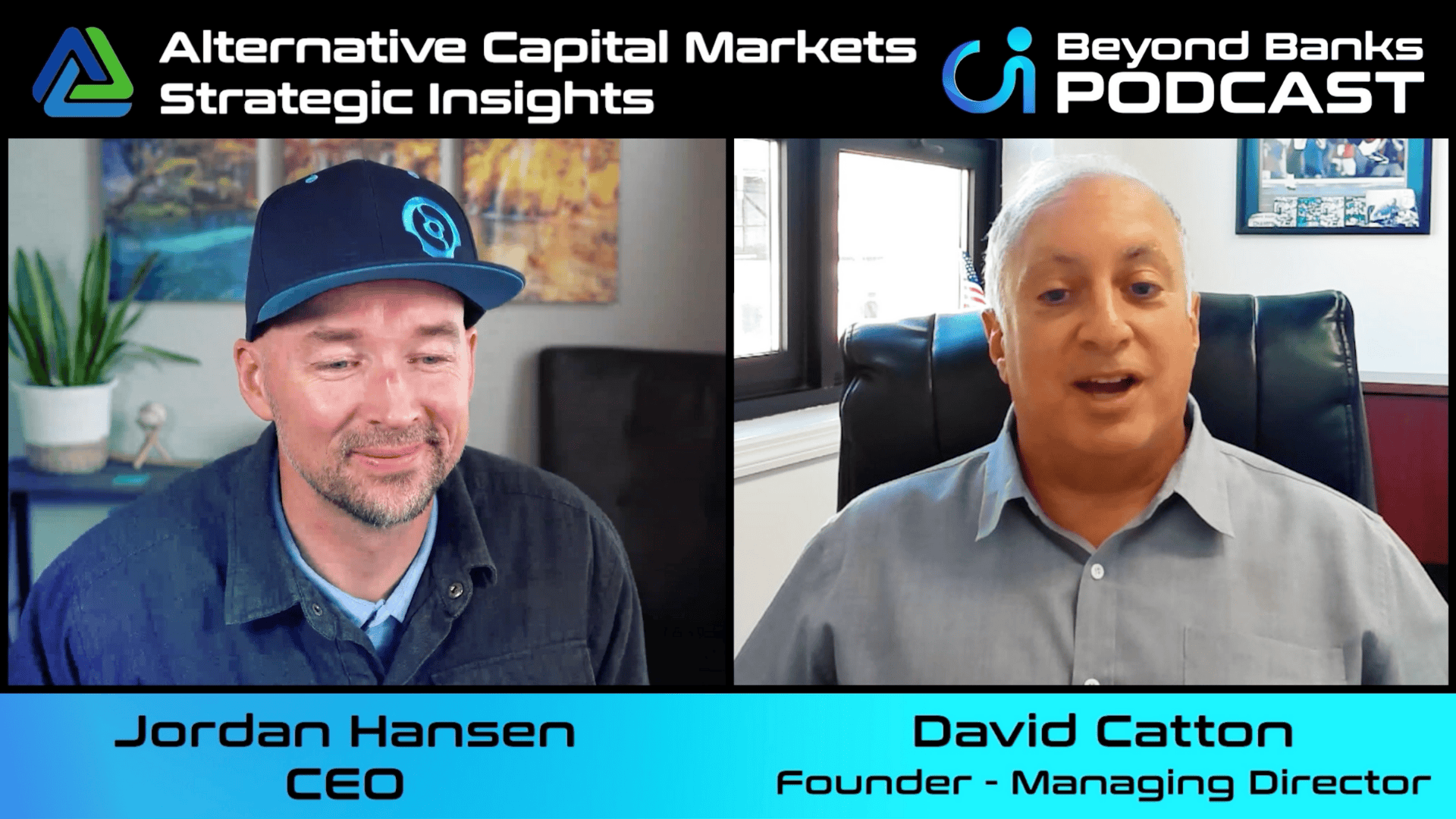
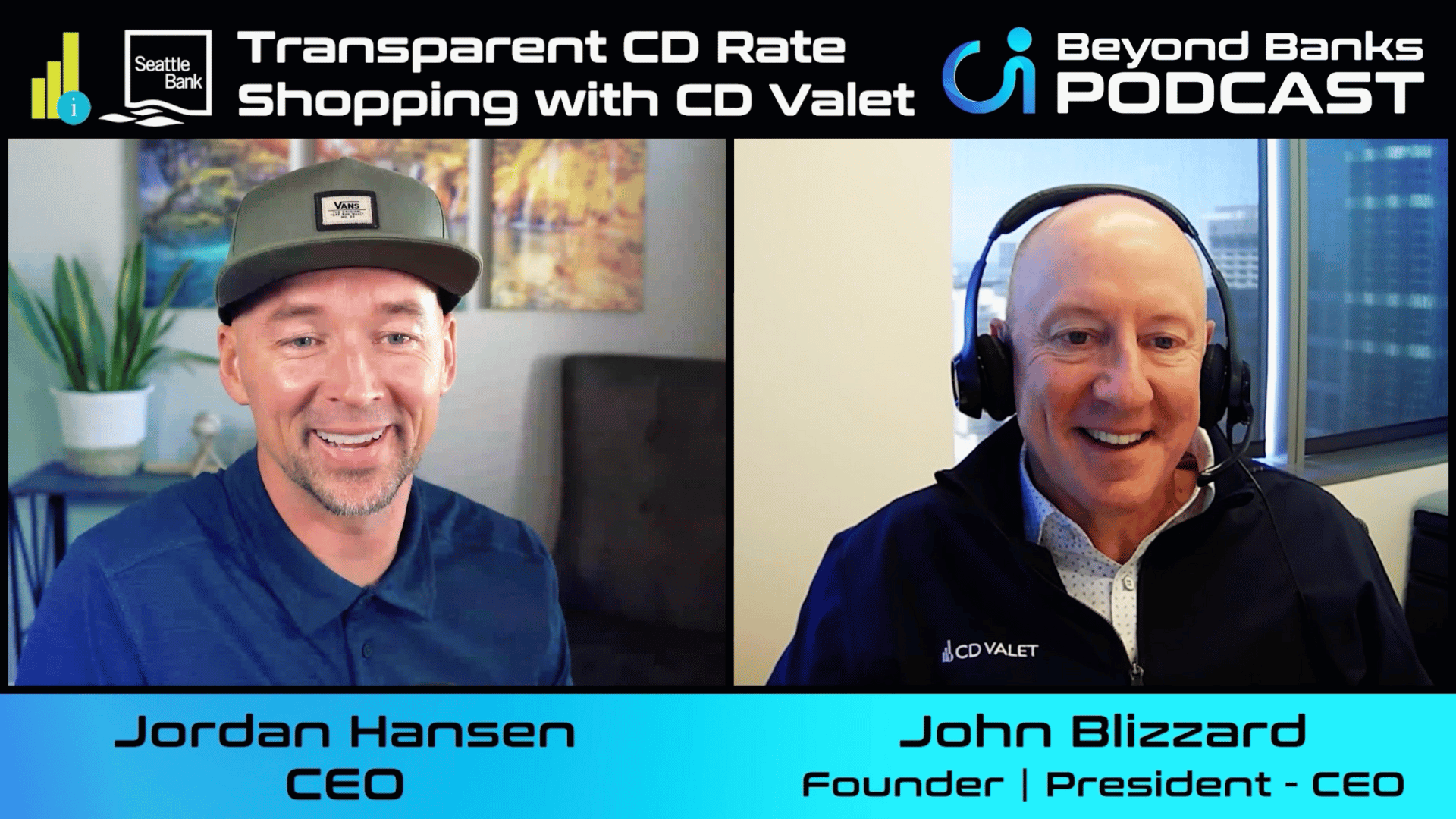


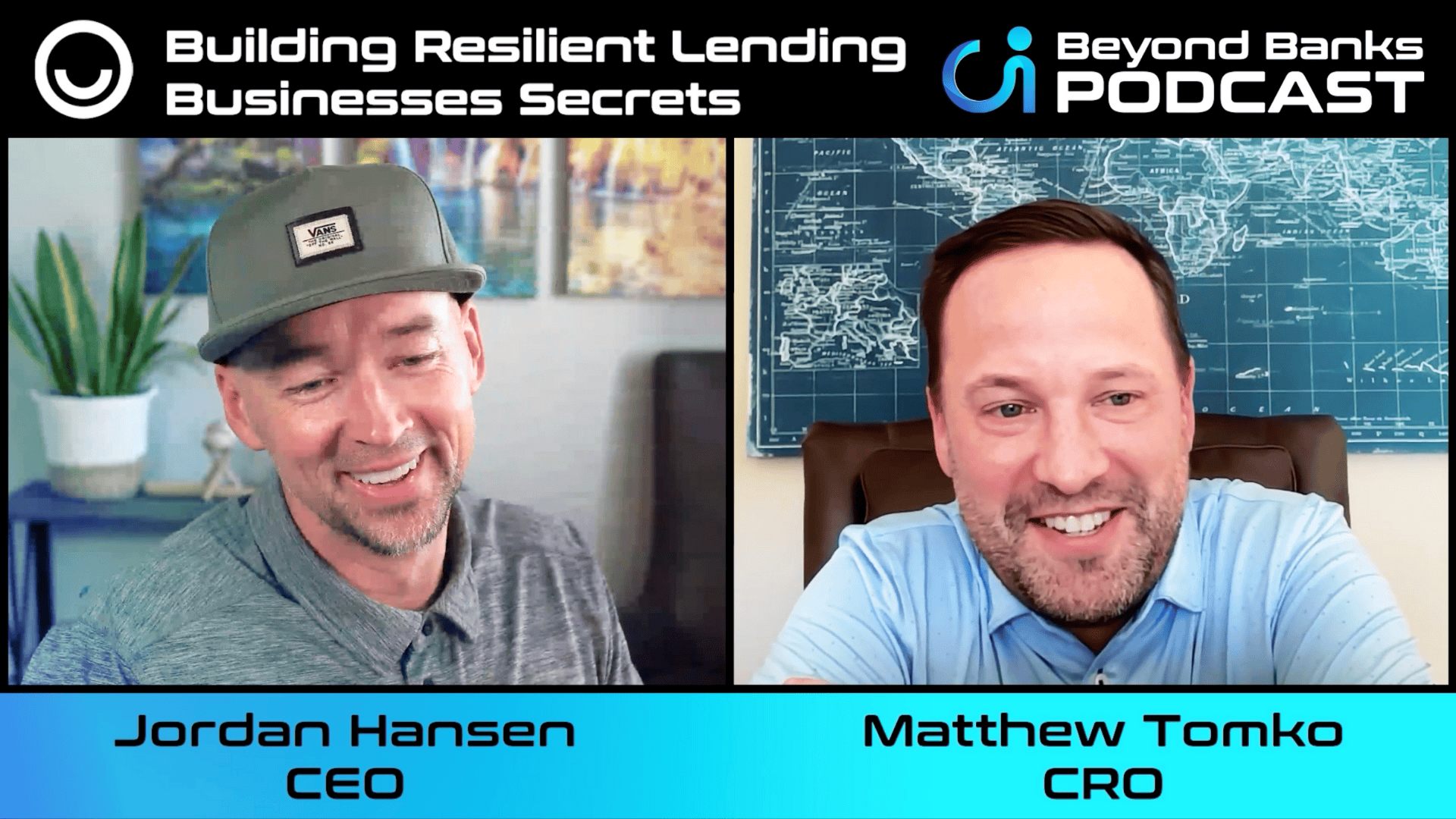

.png)
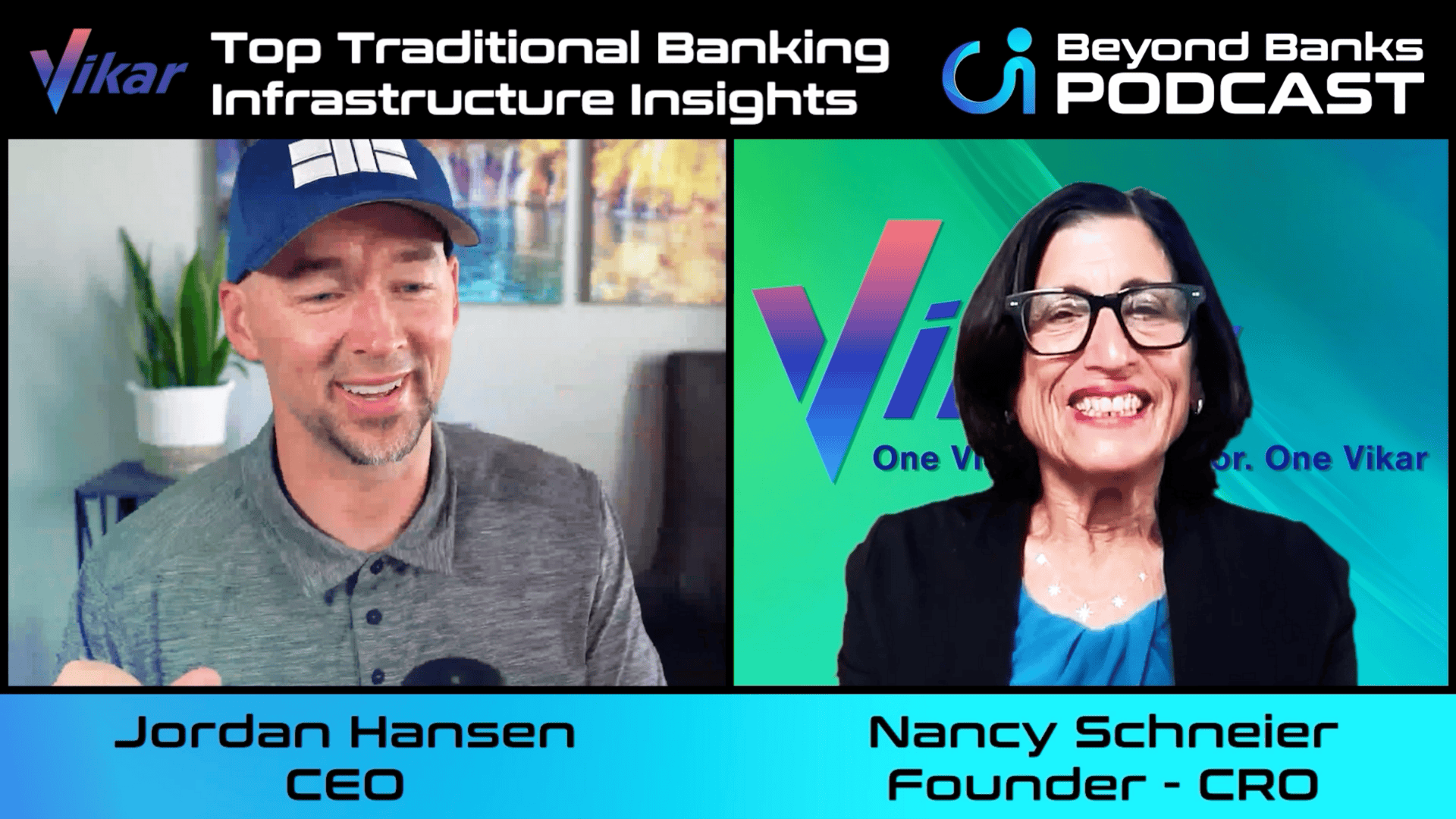
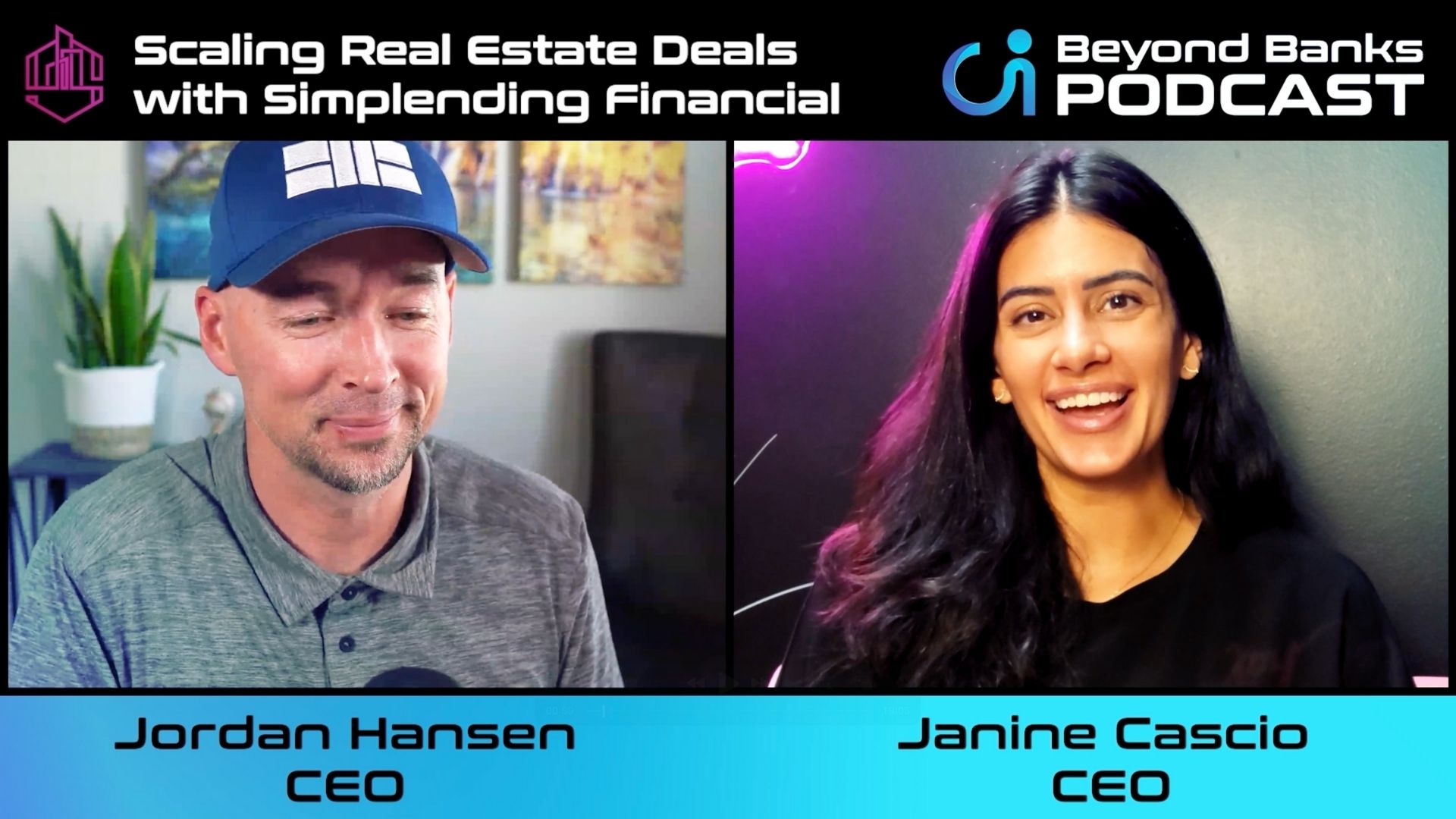
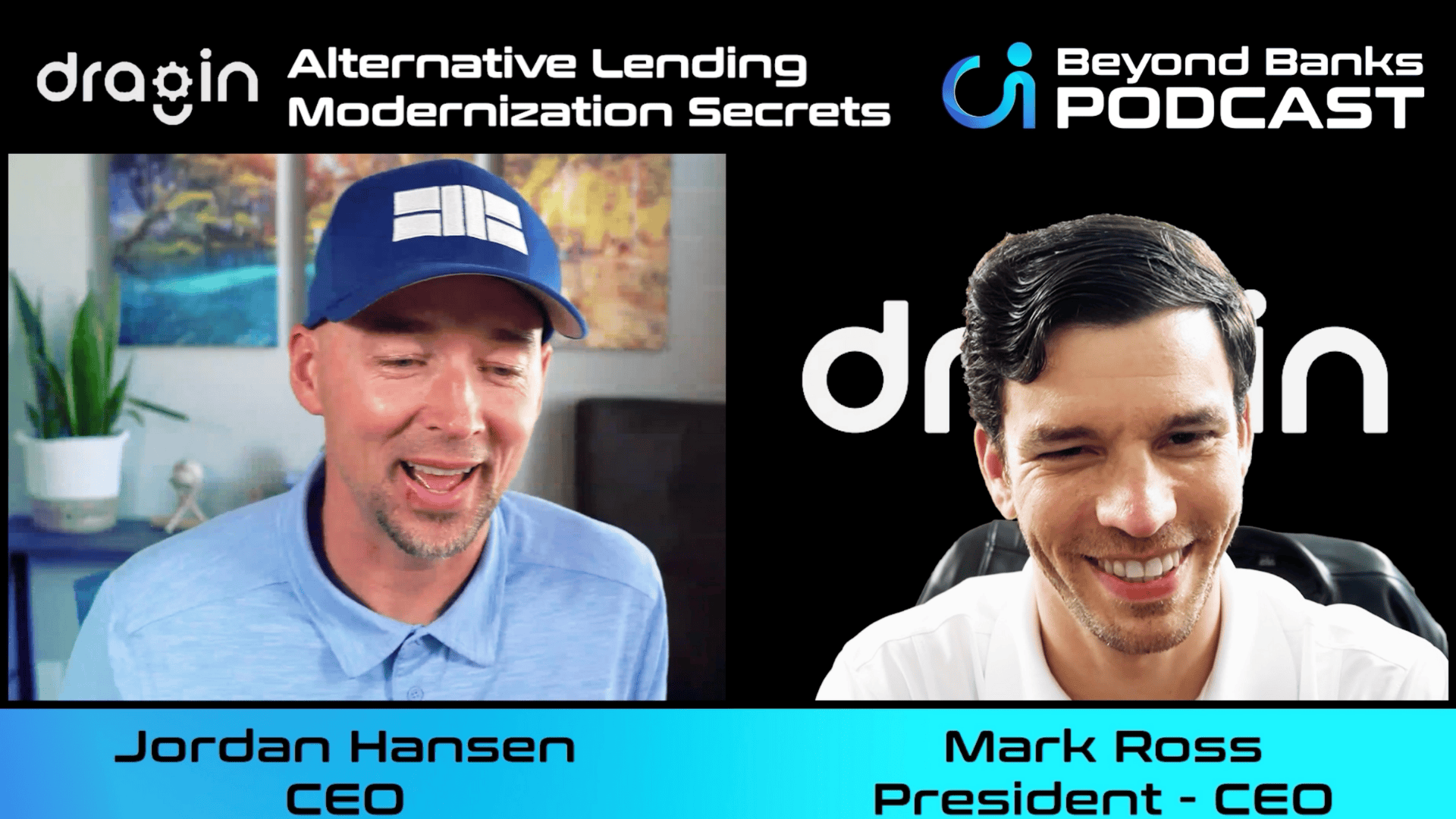
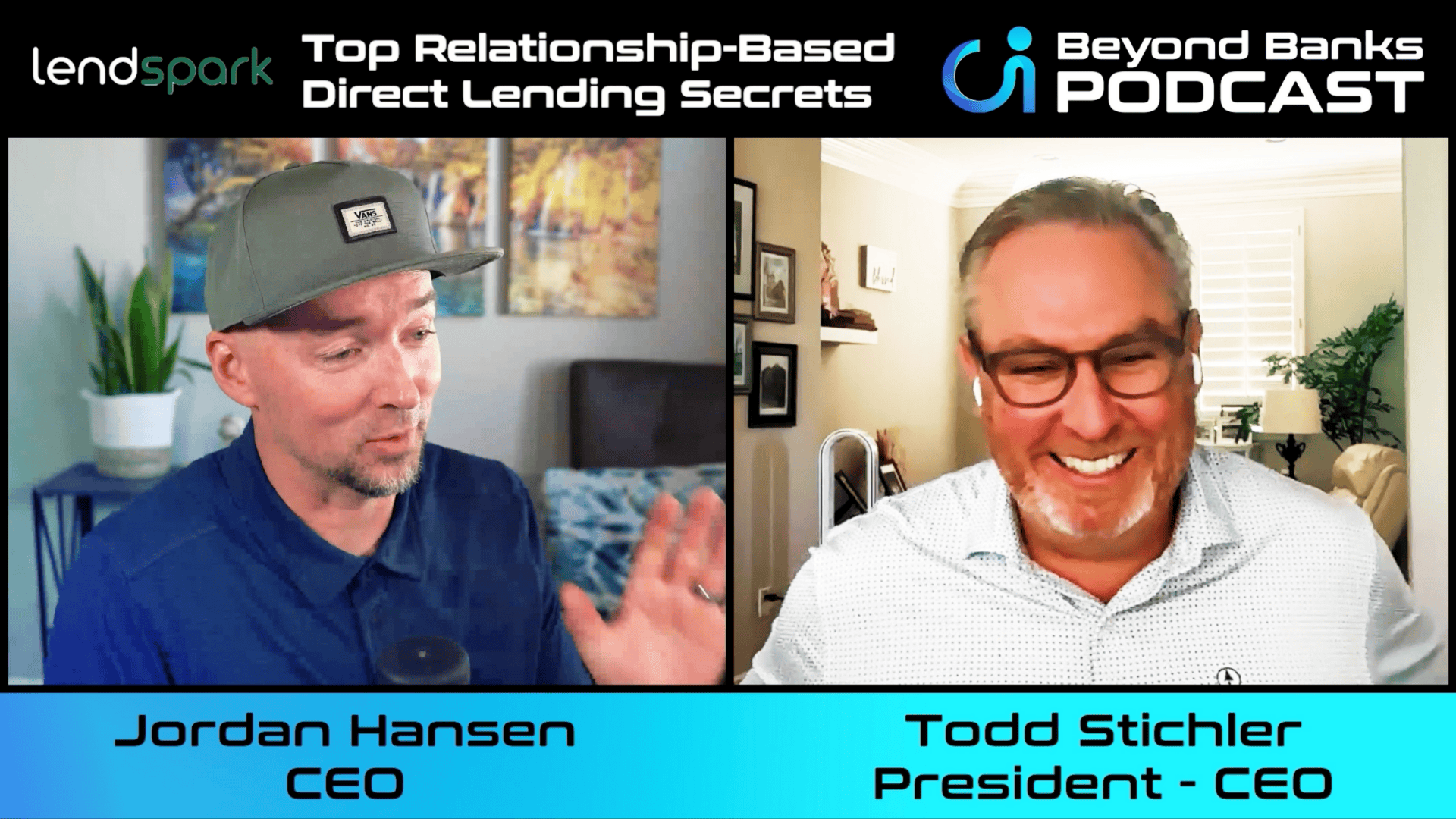
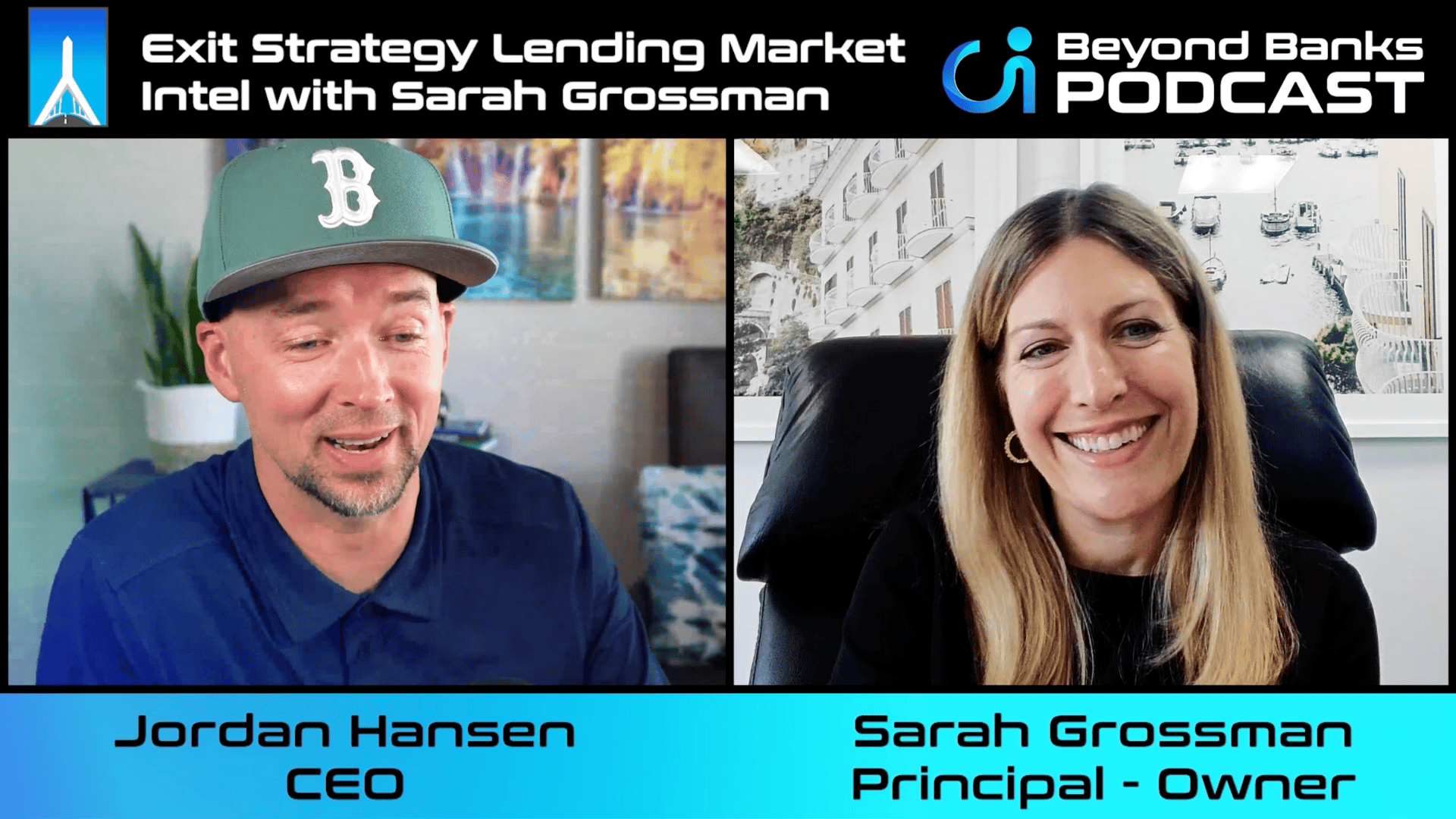
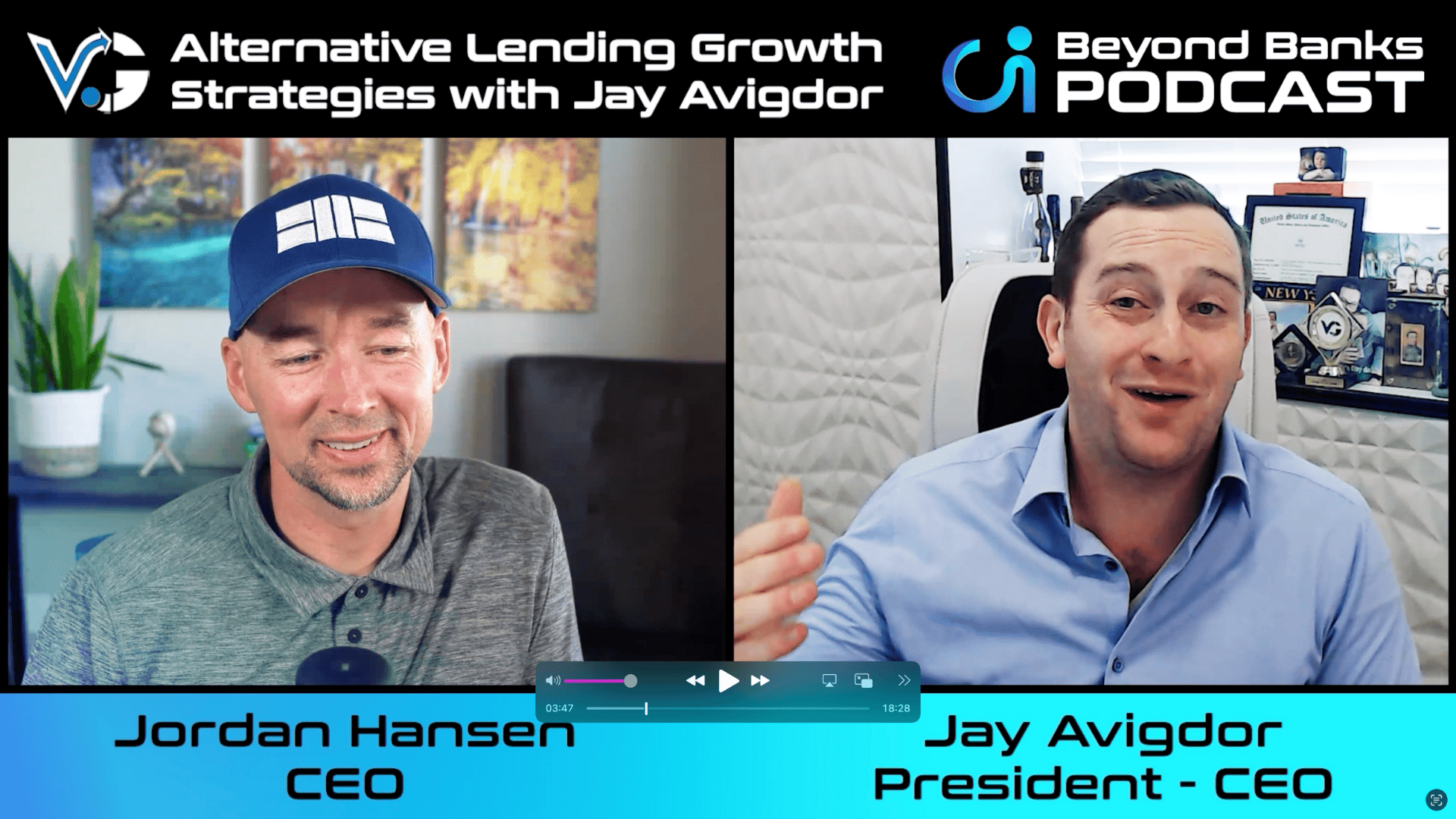
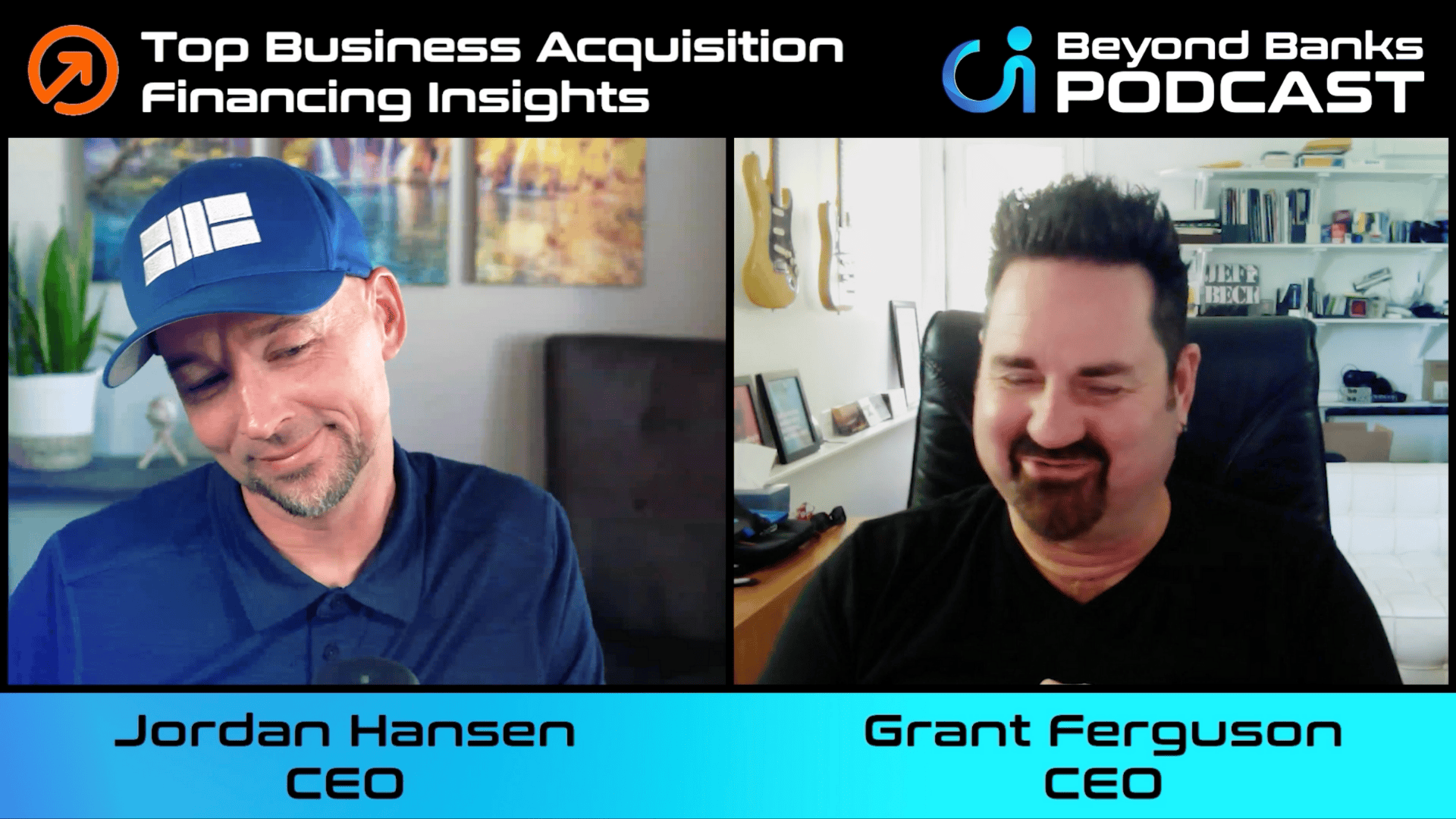
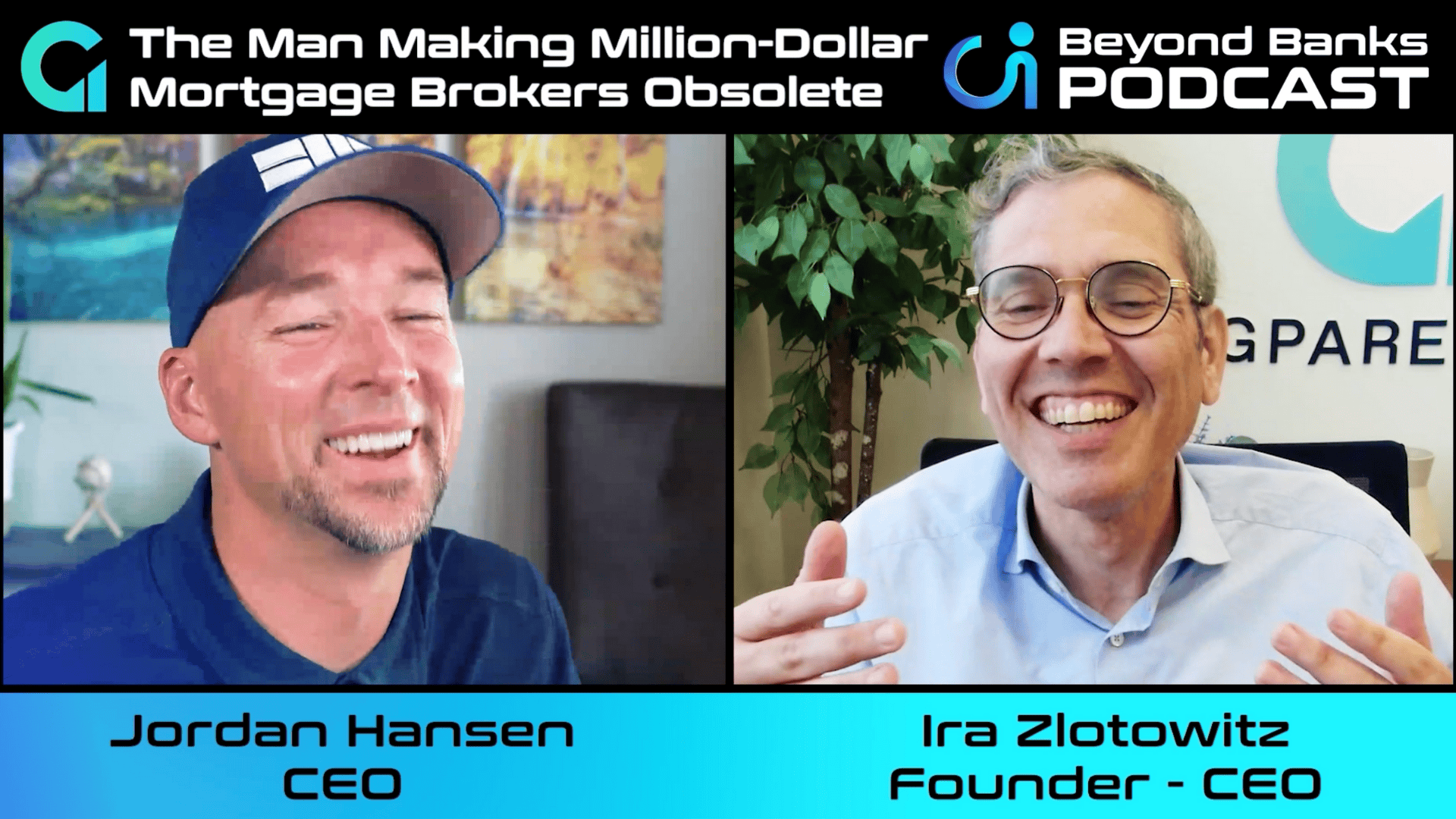
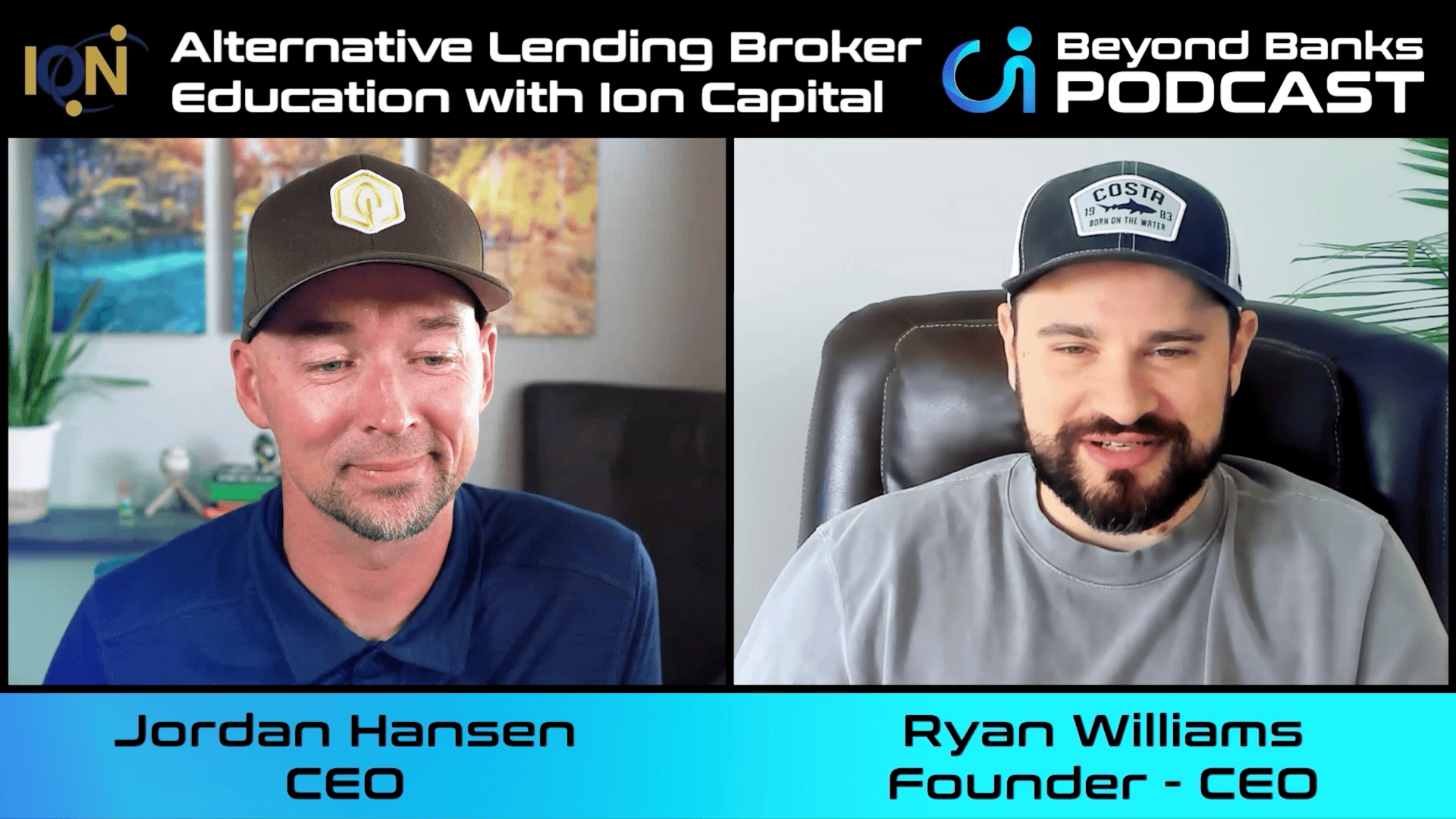
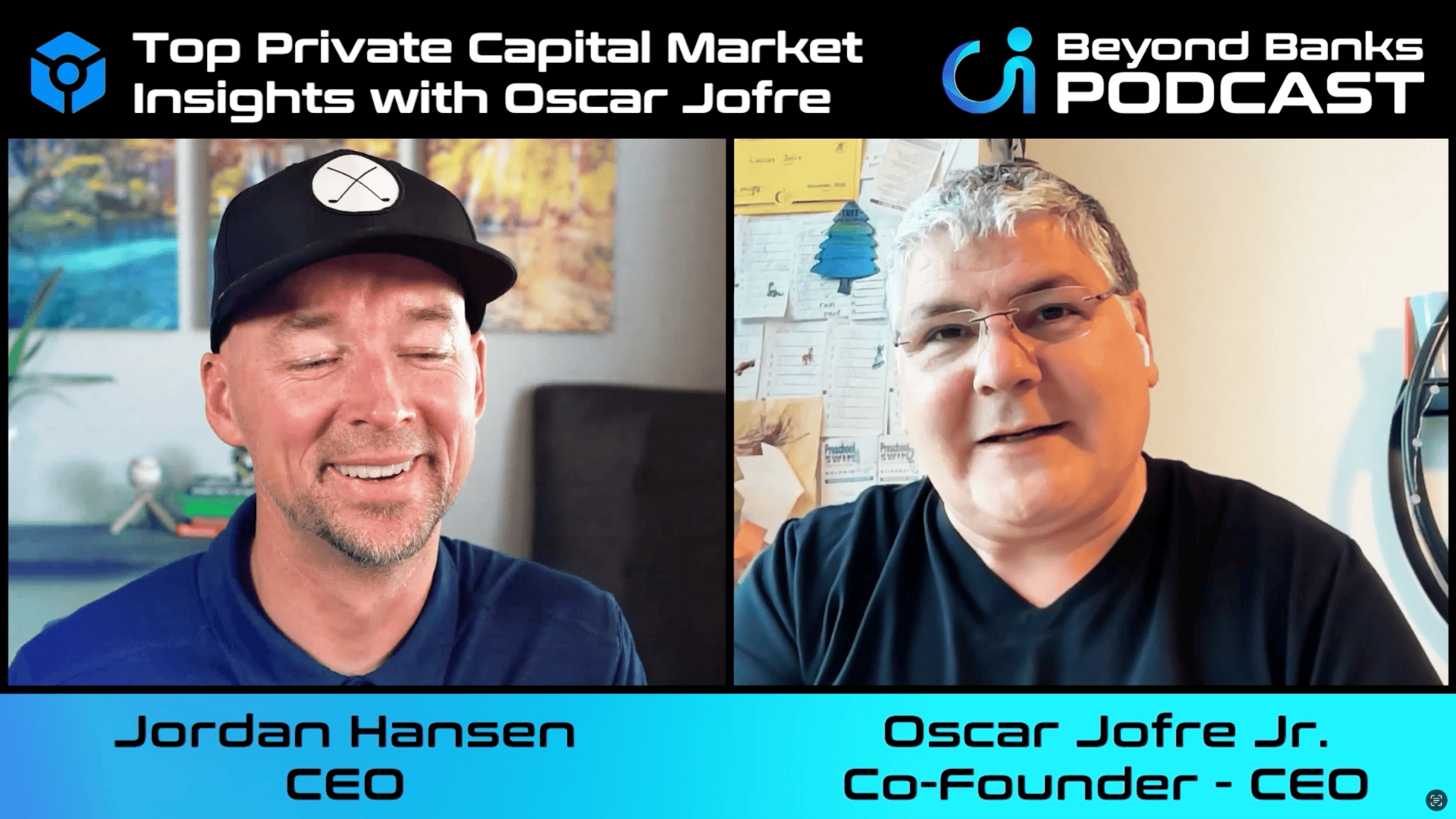

















.png)